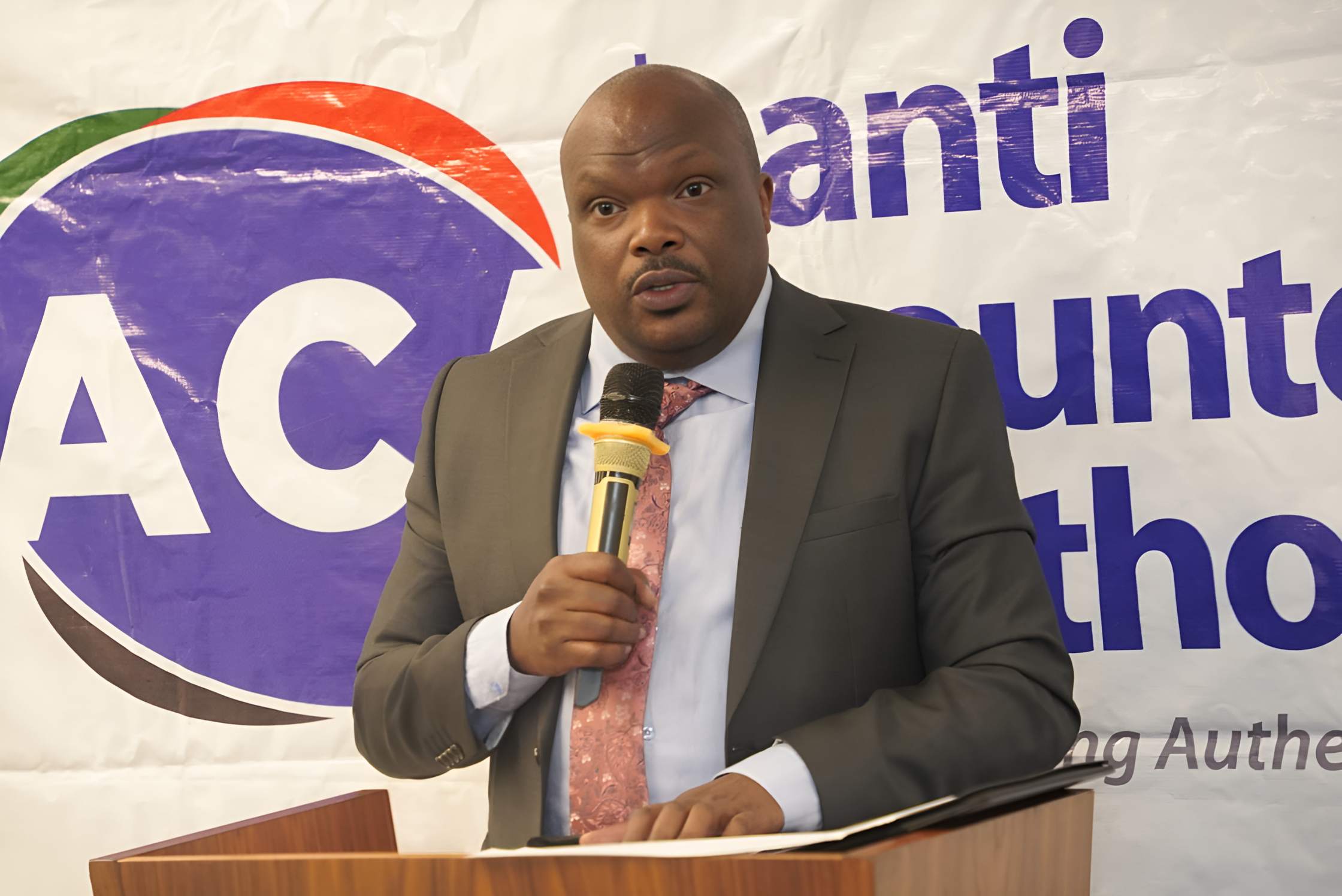Kenya observes World Anti-Counterfeit Day amid threat of fake goods

Observed worldwide, World Anti-Counterfeit Day aims to raise public awareness about the risks posed by fake goods and to encourage coordinated action against illegal trade.
The Anti-Counterfeit Authority (ACA), in partnership with the Ministry of Investments, Trade and Industry (MITI) and the World Intellectual Property Organization (WIPO), commemorated World Anti-Counterfeit Day by hosting an international symposium focused on intensifying efforts against counterfeit products.
Observed worldwide, World Anti-Counterfeit Day aims to raise public awareness about the risks posed by fake goods and to encourage coordinated action against illegal trade.
The event, themed around global collaboration, gathered policymakers, scholars, and private sector representatives to discuss the ongoing challenges posed by counterfeit trade, which remains a significant threat to Kenya’s economy, public health, and industrial progress.
“Counterfeiting represents not just theft but also a major public health hazard and an obstacle to industrial growth, costing Kenya approximately Sh153 billion annually across sectors such as health, agriculture, construction, and electronics,” stated Robi Njoroge, ACA’s Executive Director.
He emphasized that counterfeit goods undermine investor confidence and pose serious risks beyond economic losses.
In Kenya, the ACA leads efforts to raise awareness, coordinate stakeholders, and implement strategic initiatives designed to combat counterfeit products.
Peter Kariuki, lead researcher at KCA University, said the event highlighted the urgent need for enhanced cooperation in protecting intellectual property rights.
He also stressed the wide-ranging negative effects counterfeit goods have on the economy, public health, and consumer safety.
Kariuki noted that consumer demand for inexpensive alternatives often drives the spread of substandard and fake products.
In a bid to improve efficiency and service delivery, Robi Njoroge announced the merger of the ACA, Kenya Industrial Property Institute (KIPI), and Kenya Copyright Board (KECOBO) into a unified agency named the Kenya Intellectual Property Authority (KIPA).
The new agency will unify intellectual property registration, enforcement, and protection functions, reducing redundancies and making IP services more accessible to the public.
Robi Njoroge also expressed concern about the increasing presence of counterfeit medicines in the market, warning about the serious long-term health risks they pose to consumers.
“We are facing a situation where entire generations could suffer from the effects of ineffective or dangerous products being sold as medicine,” he cautioned.
He called for coordinated global efforts, highlighting Kenya’s active collaborations with the European Union, WIPO, the World Customs Organization (WCO), Interpol, and countries across Lusophone, Anglophone, and Francophone regions.
“This is a Kairos moment the perfect opportunity to take decisive action to safeguard Kenya’s future in innovation and intellectual property protection,” Robi emphasized.
Peter Kariuki underscored the importance of ongoing vigilance, noting that raising awareness is key to preventing consumers from unknowingly buying unsafe, illegal, or counterfeit goods.
“Counterfeit activities diminish the value of intellectual property, stifle innovation, and weaken creative industries,” he added.
He also called on both the public and policymakers to strengthen security measures on e-commerce platforms and digital marketplaces, which have become common channels for distributing counterfeit products.
As the global community observes World Anti-Counterfeit Day, Kenya’s appeal for unified efforts sends a clear message: immediate action is essential not only to protect the economy but also to preserve public health and foster a vibrant climate for innovation.
